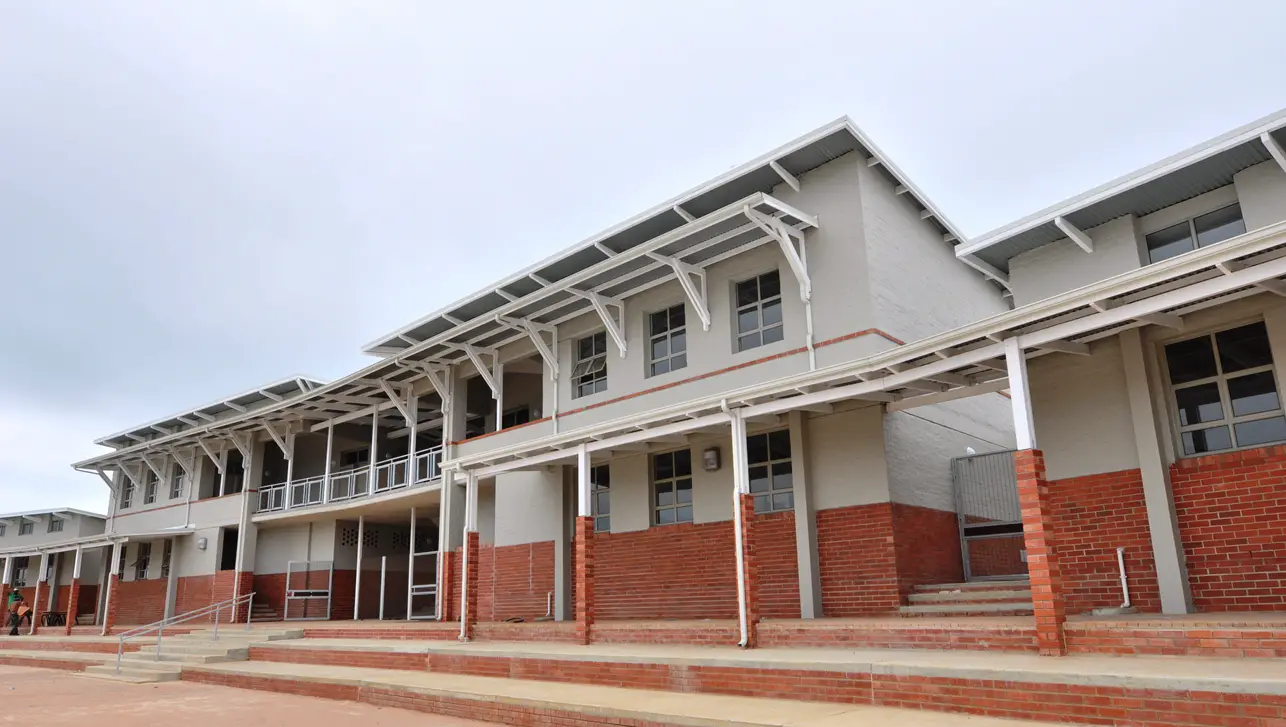Gap Infrastructure Corporation (GIC), South Africa’s largest social infrastructure developer, has successfully raised R616 million in private investment to accelerate the country’s social and public infrastructure development.
Roelof van den Berg, CEO of GIC, says the achievement signifies a pivotal step forward in the company’s ambitious plans to tackle public infrastructure challenges while supporting the government’s efforts to close the infrastructure gap.
“This marks a great milestone for both our company and the country, as it represents one of the very few occasions where private funding has been raised to assist in delivering social infrastructure programmes in South Africa. The infrastructure backlog is not just a government problem, it’s also the responsibility of the private sector to join hands in solving the infrastructure challenges facing this beautiful country,” he notes.
Innovative funding models to address infrastructure needs
Infrastructure development has been named a national priority to accelerate economic growth and job creation, especially given the vast need for essential services. An investment of between R4.8 trillion and R6.2 trillion is required to meet the country’s Sustainable Development Goals (SDGs) by 2030, particularly targeting transport, water and sanitation, and education. These sectors are critical for socio-economic development and improving the quality of life in communities across the country.
A major obstacle impeding investment into social infrastructure is its inherent lack of direct revenue generation, which often makes these types of projects less attractive to private investors. GIC has recognised this challenge and introduced innovative funding models designed to mitigate the traditional risks associated with social infrastructure investments.
“GIC’s approach is groundbreaking because it aligns financial incentives with broader socio-economic benefits. Our goal is to set a new precedent in how social infrastructure can be financed in South Africa by offering more secure and structured investment opportunities,” van den Berg explains.

Social impact and job creation
The R616 million investment will help address South Africa’s biggest infrastructure challenges, and significantly impact a number of communities by creating jobs and improving access to essential services. GIC’s projects aim to uplift underserved areas, introducing much-needed infrastructure such as schools, healthcare facilities, and water systems, which in turn contribute to the socio-economic development of these regions.
Olebogeng Manhe, Chairman of GIC, emphasises the broader social impact: “This investment will directly tackle the root causes of inequality in our society. It’s about more than finding temporary fixes or making surface-level improvements – with this R616 million, GIC will be able introduce a new blueprint for social investment that places the best interests of our people at the forefront, with a focus on changing lives, creating impactful job opportunities, and improving many people’s quality of life. We are committed to building a future where everyone can benefit from sustainable development, and this is a significant step toward achieving that goal.”
Multibillion-rand investment goals
This investment represents just the first round of a much bigger rollout plan. GIC has set its sights on securing a total of R20 billion in private investment over the next twelve months, which will be directed towards sustainable and impactful infrastructure projects critical to South Africa’s development.
“By developing innovative financial solutions and leveraging private investment, we’re actively working to address South Africa’s most immediate infrastructure needs while establishing a framework for long-term sustainability in the construction sector.
“Serving as a proof of concept, this initiative has created an improved funding model that promotes involvement from both the private and public sectors. Through this approach, we hope to unlock the country’s full infrastructure development capabilities and set a new standard for public-private partnerships,” concludes van den Berg.
Also read
Public infrastructure in South Africa to get a boost frim R943.8 billion in government spending

Leave a Reply